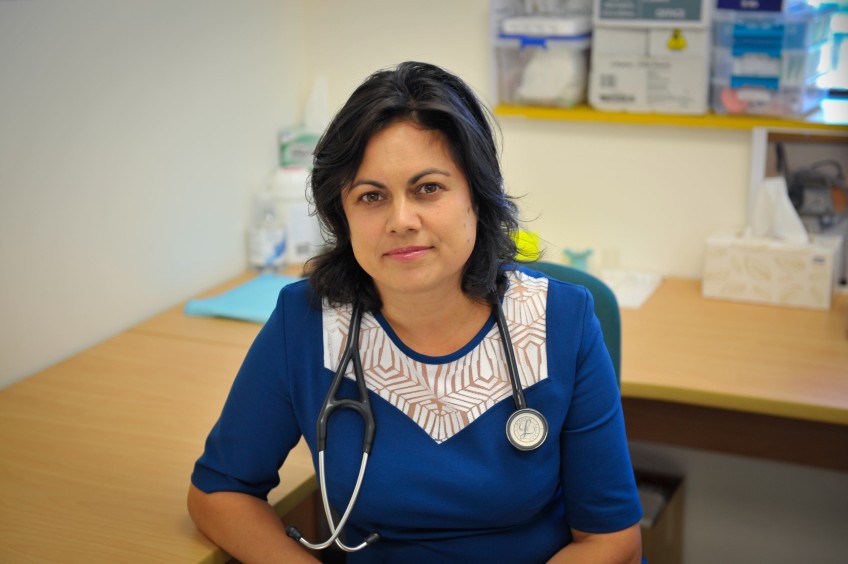
Otago University specialist - lockdown won't work without better tracing
New Zealand must urgently build its capacity for COVID-19 case identification and contract tracing capacity, as the country goes into ‘lockdown’, Dr Ayesha Verrall, an infectious diseases doctor and epidemiologist at the University of Otago, Wellington, says.
There are currently only two known cases of community transmission in New Zealand.
“The lockdown decision is a massive sacrifice very early in an outbreak. This is only worth it if New Zealand pursues a goal of eliminating COVID-19,” Dr Verrall says.
“This means rapidly building our capacity for case identification and contact tracing capacity. We should aim to leave the lockdown in one month with the ability to identify and trace the contacts of 1,000 cases a day. We are currently struggling with 50.”
The country will need accessible testing, fast test turn-around times, rapid contact tracing augmented with smartphone apps and welfare support for those who struggle in isolation, she says.
“All these processes need to be fast, scaled up and integrated. China and South Korea have succeeded in this strategy of turning around large outbreaks, because they have strong public health infrastructure, following the lessons they learnt from the SARS outbreak.
“If we had better ability to find cases and isolate their contacts we would be able to manage larger number of cases without going into lockdown. That is how Singapore managed more than 500 cases without closing their schools.
“Building this capacity means we could look to the next 18 months with more confidence that we won’t have large outbreaks or be in perpetual lockdown.”





























